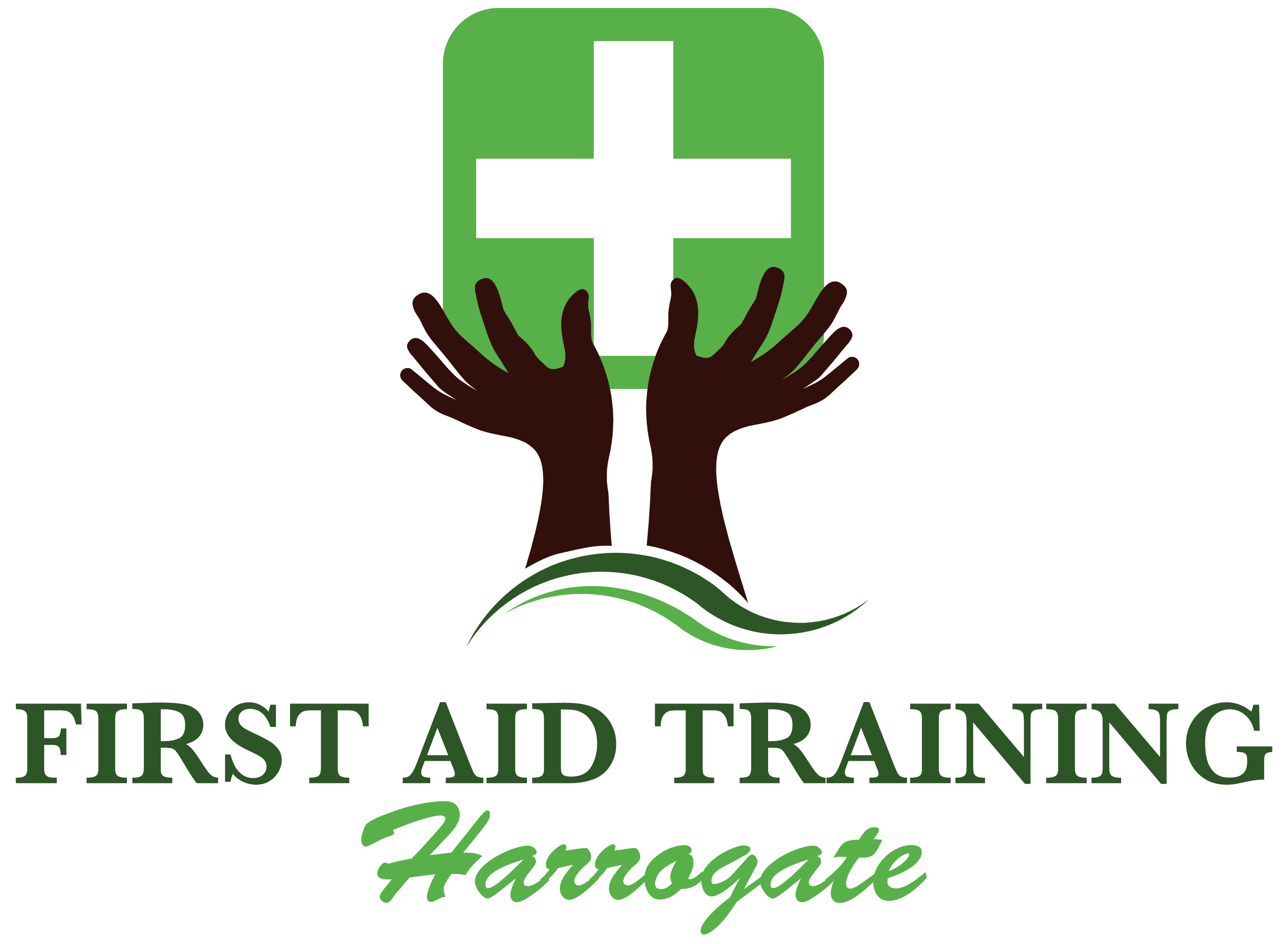- Home
- Courses
- Annual Refresher
- Basic Life Support and using an Automated External Defibrillator
- Defibrillator Training Level 2
- Administration of Oxygen Therapy
- First Aid Risk Assessment: Principles and Practice- 1 day course
- Level 1 Awareness of First Aid for Mental Health
- Level 2 Award in CPR & AED
- Level 2 Awareness of First Aid for Mental Health
- Level 3 Award Anaphylaxis Management
- Level 3 Award Emergency First Aid at Work
- Level 3 Award Emergency Paediatric First Aid
- Level 3 Award in First Aid at Work
- Level 3 Award in Outdoor First Aid
- Level 3 Award Paediatric First Aid
- Supervising First Aid for Mental Health
- Two Day First Aid At Work (Re-qualification) 2 day course
- Training in the workplace
- Pet First Aid
- Prices
- Blog
- Patti Hemmings Therapist
- Contact
- Home
- Courses
- Annual Refresher
- Basic Life Support and using an Automated External Defibrillator
- Defibrillator Training Level 2
- Administration of Oxygen Therapy
- First Aid Risk Assessment: Principles and Practice- 1 day course
- Level 1 Awareness of First Aid for Mental Health
- Level 2 Award in CPR & AED
- Level 2 Awareness of First Aid for Mental Health
- Level 3 Award Anaphylaxis Management
- Level 3 Award Emergency First Aid at Work
- Level 3 Award Emergency Paediatric First Aid
- Level 3 Award in First Aid at Work
- Level 3 Award in Outdoor First Aid
- Level 3 Award Paediatric First Aid
- Supervising First Aid for Mental Health
- Two Day First Aid At Work (Re-qualification) 2 day course
- Training in the workplace
- Pet First Aid
- Prices
- Blog
- Patti Hemmings Therapist
- Contact
Defibrillator AED Training Level 2 Award
Course Information
Defibrillator Training
There is no doubt Defibrillators save people’s.
The proportion of people surviving a cardiac arrest that happens outside of hospital has reached its highest level of 10.8 percent-twice the rate it was a decade ago.
Figures published by the London Ambulance service (published 29th January 2020) show that when a public access defibrillator was used by a bystander and at least one shock was delivered to the patients, the survival rate was more than five times higher (57.1 percent).
Around 70 percent of cardiac arrests take place in the home and half being witnessed by a bystander, quick intervention could mean the difference between life and death for a family member or friend.
Heart & Circulatory disease claims around 200,000 lives each year in the U.K. Many of these lives could have been saved if an (AED) Defibrillator had been used on the casualty.
Automated External Defibrillators (AEDs) are becoming more and more popular in public & work places, sports grounds, schools, church halls, etc as they really do save lives.
Anyone can use a Defibrillator as they are very straightforward to use. However, many people lack the confidence to know what to do if they find someone unconscious and not breathing. This is where Defibrillator Training can really help save lives.
This very practical Defibrillator Training course will enable you to use the AED Defibrillator with confidence and will also include CPR training.
The British Heart foundation research shows that if a Defibrillator is used within 3-5 minutes of a individual going into cardiac arrest their survival rate increases from 6 percent to 74 percent, clearly illustrating that Defibrillators really do save lives.
Duration
A minimum of six hours of training, consisting of practical with some background theoretical activities.
Syllabus
During the defibrillator training in:
* The role & Responsibilities of the First Aider.
* Calling for assistance & help
* Assessment of the situation, including potential dangers to the first aider and the casualty
* Heart & circulatory problems
* The difference between a Heart Attack & Cardiac Arrest.
* AED Defibrillator safety
* Dealing with an unresponsive casualty
* Paediatric Defibrillation
* AED procedures & function
* Infection control
* Any questions.
Certification
A level 2 nationally recognised Qualsafe certificate will be given after successful completion of the course.
This certificate is valid for 3 years. You will need to retake this full course to requalify.
